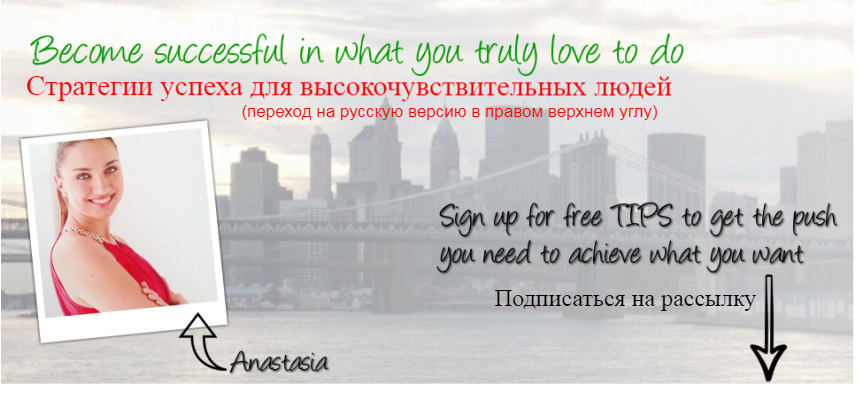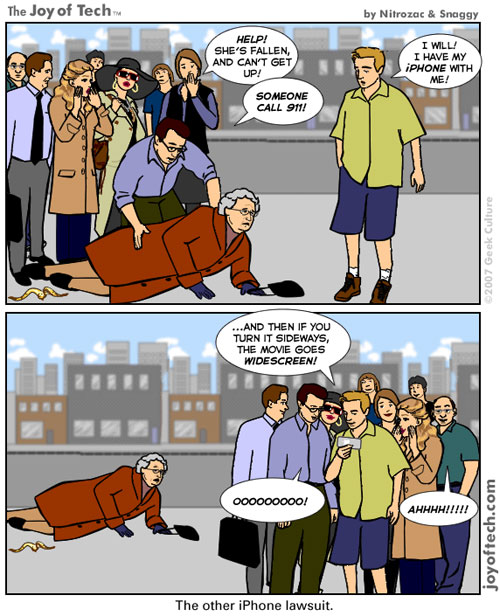It took me five months, five very painful months to let it go - and I am a professionally trained coach, so I know a thing or two about working with addicted brain.
I don’t remember myself being more productive and focused ever since I gave up my android. I started talking to people around, both those I know and I don’t, I am not jigging at the sound of a new incoming email and I am not constantly worried about being left out of touch because my phone is discharged (again).
The irony of this story is that my background is in digital marketing. I am the person who for over than ten years has been selling online goods and services and promoting digital technologies to millions of people on behalf of largest international companies, such as Google.
There is surely a reason they don’t.
An addicted brain
Fast backward three years ago, when I was getting my first smartphone (because all of my friends had it, and OMG I could get it for free from a network operator!), I suspected that it might have a negative impact on myself, but I thought I would be really careful and not let it suck me in.
I thought I would only use useful applications (such as a player), and will limit Facebook usage or checking my email. I first got concerned when the productivity app I had installed across my accounts showed me that I was spending between 6-8 hours a day online on my phone. I became a bit more concerned when I suddenly realized that when I was not looking at my phone for more than 15 minutes, I started feeling physically uncomfortable, as if something bad was about to happen. I got truly preoccupied when I realized couldn’t move my right thumb as I could move the left one, and my right hand was feeling tense most of the time.
I found later that whatever I was experiencing, was confirmed by neuroscienceresearch that says that using smartphone apart from having other negative effects changes your somatosensory cortex. This is a part of your brain that is associated with thumbs, and smartphone users tend to have this area shaped differently compared to the users of regular phones. Scientists think that these changes happen with more usage of a smartphone and might have negative consequences, including chronic pain and movement problems. There's also extensive research into how smartphones negatively impact our relationship.
I must admit that I tried to consciously limit my phone usage, installing different blocking apps, switching on and off the sync function, switching the device altogether for periods of time - nothing really worked for more than a few hours. I felt my calmest when on holidays I would get to a place with no internet connectivity and so wasn't able to use my phone. Every time I went back to London, I promised myself I will keep this feeling of clarity and focus in my head without my phone. I never managed to do that for more than a few days, because the old habit kicked back in.
The last straw was reading a report about how your smartphone collects data about you on a daily basis. When I saw my personal archive in one place online, it was a call to action.
Hello, I am Anastasia, I am a smartphone addict and I spend my days feeding my personal info for free to whoever wants to see it.
The plan
At long last, I made a plan how to outsmart myself.
I went to a shop and purchased the most basic phone. It cost me something around 20 pounds, and they would give me the same amount of phone calls credit on top, so I basically got it free of charge. The phone was not sexy, it could only call and send text messages and, in fact, it was extremely uncomfortable to type them in. This was exactly what I was looking for.
I got it as a second line and started using it in parallel. It didn’t quite work out initially, because the smartphone was so much more comfortable to use, but I persisted and started leaving the smartphone at home once in a while, or wait until it gets fully discharged and not charge it for some time, using the other phone instead.
This stage took me about three months.
Then I forced myself into the next stage - I decided to get rid of it altogether. I tried storing it in my room - it didn’t work, I kept switching it on even when I was at home. It felt so safe having it in my hand (I swear, this was precisely the emotion I was experiencing).
I couldn’t make the final step until I had a chance to give it away. Because my mother wanted a navigator, I thought it would be a perfect opportunity to get her one, and so my phone is now sitting in her car, and doesn’t use it in any other way rather than getting directions (she finds it way too complicated for anything else).
This was in fact the most painful stage, because I had no idea how I will be finding my way, listening to music, staying in touch - I thought I would be completely lost and dependent! However, I still remember the feeling of huge relief and energy uplift the moment I cleaned out all my data on the phone and gave it to my mom.
It turned out, I would experience far fewer problems that I anticipated. I suddenly discovered that London had city maps every 100 meters, that people in bus stops very willingly would tell me when the next bus is coming, and I wasn’t worried about losing touch with any of my friends because my new phone’s battery lasts for 14 (fourteen!) days without a recharge. I am also not irritating people anymore by putting my phone on the dinner table (although I am sometimes irritated myself because I have nothing to do while they are staring in their screens!)
In summary, what helped me get rid of this habit and make more space in my life and head:
- Clearly seeing the impact that the phone was having on my nervous system and productivity
- Understanding who really benefited from me using it
- Getting some authoritative figures as inspiration and example that this is possible (this really made a big difference)
- Making gradual change and understanding that limitations don’t work
- Getting the device out of the way altogether with a good cause
My next challenge is to limit my overall online activity, and I will be creating a log of my progress and what I feel works and what doesn’t.
PS Is your finger glued to your iPhone and you live in your mailbox? It might be the time to declutter. I am running a 6-weeks digital detox course as part of Consciously Digital™, my second coaching business. It gives you practical tools to manage your online life if you want to be more productive and less stressed, and have more time for things that matter. The next 6-weeks course is starting shortly, so check it out!


